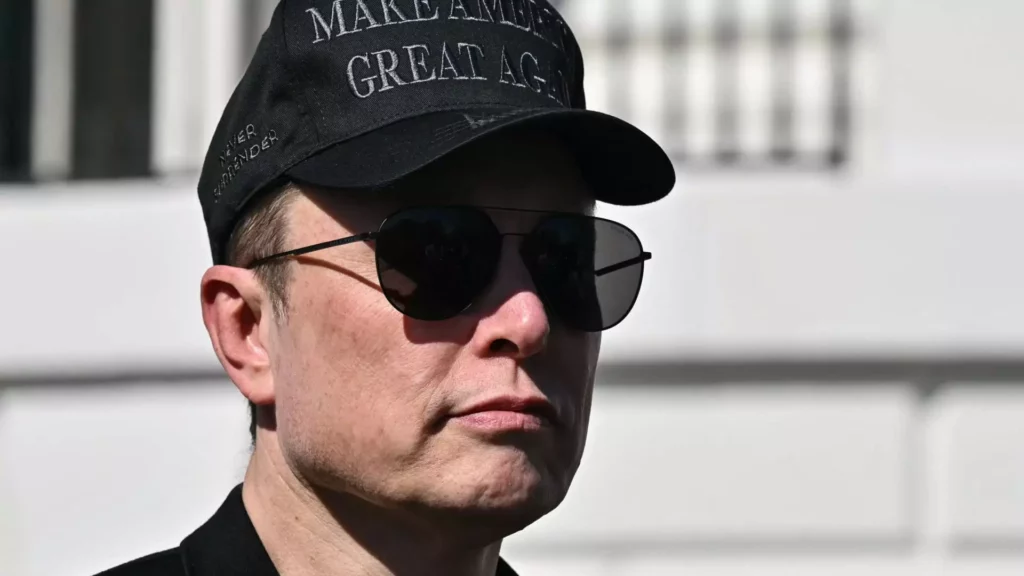Elon Musk has always reveled in being a disruptor, whether in automotive innovation or social media landscapes. However, a recent summons from the Securities and Exchange Commission (SEC) pulls back the curtain on a troubling reality—could his cavalier approach to corporate governance finally catch up with him? Musk is accused of failing to disclose his sizable Twitter stock acquisition from 2022 within the legally mandated timeframe. This isn’t merely a regulatory misstep; it represents a moral dilemma in a world where penultimate power often overrides accountability. When the marketplace’s sacred rules seem to bend for the affluent few, it’s crucial to ask if we are witnessing a new breed of capitalist entitlement.
The SEC claims Musk didn’t report his ownership surpassing the 5% threshold, a significant breach that allegedly cost the market an estimated $150 million. In doing so, Musk raises a question as old as capitalism itself: to what extent should the elite be held accountable for their decisions when they hold the reins of global finance? If this case—like so many around it—demonstrates that billionaires can operate with impunity, we may face a deeper erosion of trust in the regulatory systems designed to protect ordinary investors.
The Shield of Security: Evasion Tactics Exposed
Interestingly, the tactics employed to evade service of the court summons reveal a troubling layer of opulence and privilege. Reports indicate that Musk’s security detail at SpaceX outright refused to accept the court documents, leaving the process server to leave these legally-binding papers on the ground. This bizarre spectacle suggests a culture of entitlement—a billionaire insulated by layers of security and privilege, effectively rewriting the rules when they become inconvenient.
This raises another critical question: if enforcing legalities can be so easily obstructed, what faith does the average citizen have in a system that seems more than willing to accommodate the financially affluent? The incident betrays a legal system that, in its attempt to function impartially, can be manipulated by those with the resources to bend it to their will. How deeply disturbing it is to think that the legal protections ordinary Americans count on can evaporate in the face of wealth and power.
A System in Peril: The SEC’s Fractured Authority
Musk’s current predicament lays bare the precarious state of the SEC, an organization already criticized for being weakened post-Trump’s administration. Regulatory investigations have become increasingly impotent, which places the burden of accountability squarely on an institution that seems to lack the teeth to enforce compliance effectively. As the corporate landscape grows more complex and the influential more untouchable, the question lingers: can we trust that the SEC will fulfill its intended role as a guardian of market adherence?
With high-profile cases like Musk’s showcasing the challenges endemic to regulatory enforcement, it becomes imperative to re-evaluate whether protections for ordinary investors are adequate in today’s corporate climate. The injustices are staggering, and while Musk’s financial acumen pushes boundaries, the ethical implications deepen. Are we to celebrate this fervent entrepreneurial spirit, or does it highlight a dangerous trend of “anything goes” in corporate America?
A New Era of Accountability? The Stakes Are High
As Musk’s legal team gears up to respond to the SEC—with a crucial deadline looming—we are left to ponder the ramifications of his actions. With massive fines and past settlements nagging at him, how will Musk reconcile his reckless bravado with the rule of law? His forthcoming legal battle could redefine corporate disclosure norms and the dynamics at play for how influential figures navigate the existing laws. It will inevitably instill either a sense of accountability or foster further contempt for the very regulations meant to safeguard against exploitation.
The implications stretch far beyond Musk, signaling a potential precedent that could sway boardroom decisions and daily operations across industries. Will investors see this as a watershed moment for transparency and ethical behavior, or merely another instance where the elite escape unscathed? The ongoing saga presents a crossroads for Musk, the SEC, and what remains of the ethical fabric of corporate governance in America.
While the raucous nature of the tech and finance world often shields these poignant dilemmas, the current moment provides an opportunity for reflection: are we willing to stand up for a financial system where rules apply to everyone equally, or are we, as a society, content to bury our heads in the silicon sands of innovative inevitability? The answers may reshape the landscape of corporate America for years to come.









Leave a Reply